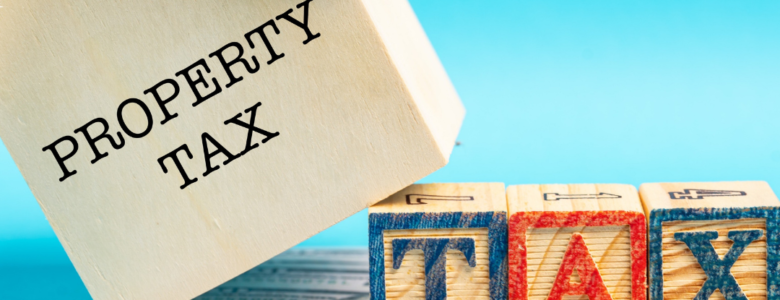As you enter your retirement years, it’s natural to start considering your financial options. For many seniors, one option to consider is a reverse mortgage. Reverse mortgages can provide a valuable source of income for retirees, but it’s important to understand how they relate to property taxes. In this article, we’ll explore the relationship between reverse mortgages and property taxes, so you can make informed decisions about your financial future.
How Do Property Taxes Factor into Reverse Mortgages?
One of the most important factors to consider when getting a reverse mortgage is how property taxes will be paid. Property taxes are an ongoing expense that must be paid to the local government. Failure to pay property taxes can result in fines, penalties, and even foreclosure on your home.
When you get a reverse mortgage, you are still responsible for paying property taxes. However, unlike with a traditional mortgage, the lender does not escrow property tax payments. This means that you will need to set aside money each year to pay your property taxes on your own.
In addition, if you are unable to pay your property taxes, the lender may have the right to call the loan due and payable. This means that you may be required to repay the loan in full, including any accrued interest and fees, immediately. Failure to repay the loan could result in foreclosure.
To avoid this scenario, it’s important to make sure you have a plan in place for paying your property taxes. You may want to consider setting up a separate bank account specifically for property tax payments, or you may want to consider paying your property taxes on a monthly basis to avoid having to come up with a large lump sum payment.
Property Tax Relief Programs for Seniors
If you’re a senior on a fixed income, paying property taxes can be a significant burden. However, there are programs available that can help ease the burden. Many states and local governments offer property tax relief programs for seniors that can help reduce the amount of property tax you owe.
One common program is a property tax deferral program. Eligible seniors can defer a portion of their property taxes until they sell their home or pass away through this program. The homeowner pays back the deferred taxes with interest.
Another program is a property tax exemption program. With this program, eligible seniors can receive an exemption from a portion of their property taxes. The amount of the exemption varies depending on the program and the state or local government where you live.
It’s important to note that eligibility requirements for these programs vary by state and local government. Be sure to check with your state or local government to see what programs are available in your area.
It’s crucial to work with a reliable lender and financial advisor to determine if a reverse mortgage fits your financial needs. Understanding the connection between reverse mortgages and property taxes can help you make informed decisions and have a stress-free retirement.








